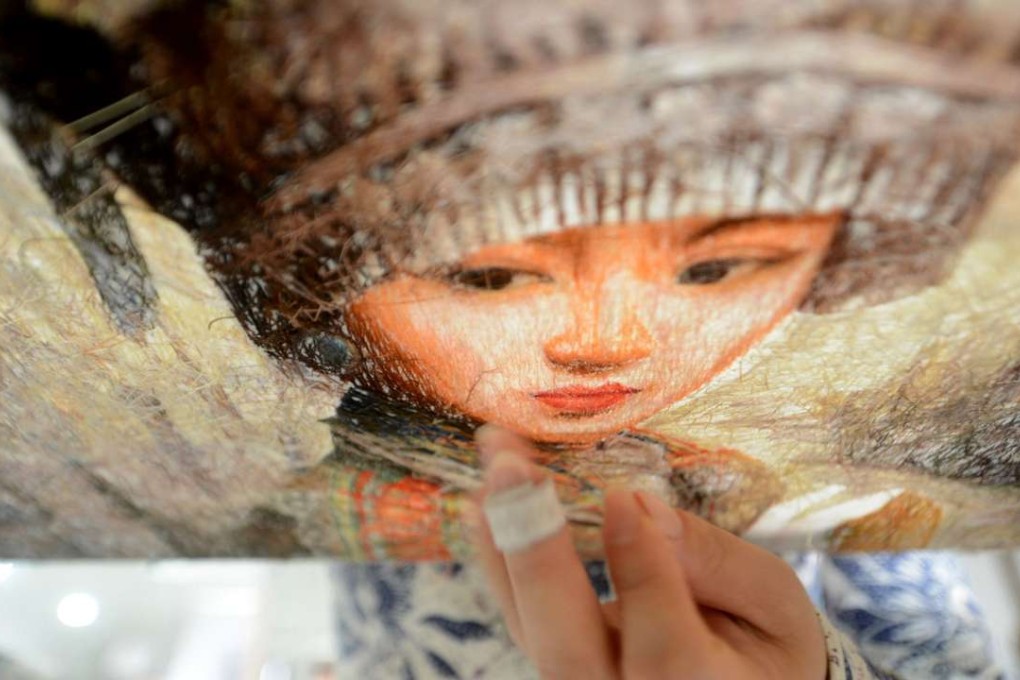The real issue for China’s ‘leftover women’
Kelly Yang says a publicity stunt at Shanghai’s marriage market highlights the real problem with more people staying single – an inadequate social safety net for single elderly people

Are you still single? The annual question dreaded by China’s ‘leftover women’
But here’s the thing. I’ve been to the marriage park in Shanghai and walked among the sea of umbrellas, each one featuring a different girl, unmarried, in her 30s, “leftover women” if you will. I’ve stood in front of those umbrellas, fully prepared to lecture the mothers standing by them. What kind of a mother gives out her daughter’s phone number and extols her virtues to strangers?
What China needs is not more matchmaking parks, but real, sustainable solutions for its growing elderly population
But then I looked into these women’s eyes and saw love. They weren’t monsters; they were mothers. As one mother tearfully asked me, “What will you have me do? Yes, my daughter is happy now. But what’s going to happen to her in 30 years, when she becomes old like me? Who will make her soup when she’s sick? Who will even know when she’s sick?”
That’s when it dawned on me. The real issue of leftover women isn’t one of tradition or even nagging, overbearing parents. It’s about not having more of a safety net for single old people.
Right now in China, having kids is the safety net. Elderly Chinese depend on their children to take care of them after they retire. Grandmas and grandpas move in with their children’s families and help take care of the grandkids. Nursing homes are few and far between (only 6 million beds in 2015 for 200 million elderly), and while the number is on the rise, checking into a nursing home is still fraught with shame.
But children are undependable, particularly in this day and age when we’re constantly trying to send them away to the West to boarding school and university. Naturally, many of them choose to stay there.
China offers incentives to develop elderly care in face of ‘alarming’ population ageing
Thus, what China needs is not more matchmaking parks, but real, sustainable solutions for its growing elderly population, solutions independent of family and children and without social stigma. We’re not there yet, and getting there will take time. We need nicer nursing homes and more innovative solutions, such as carebots that are popular in Japan. Most of all, we need more listening and less judging. Parading around in wedding dresses offering marriage for citizenship is certainly not going to help.
Kelly Yang teaches writing at the Kelly Yang Project, an after-school centre for writing and debating in Hong Kong. She is a graduate of UC Berkeley and Harvard Law School. www.kellyyang.edu.hk